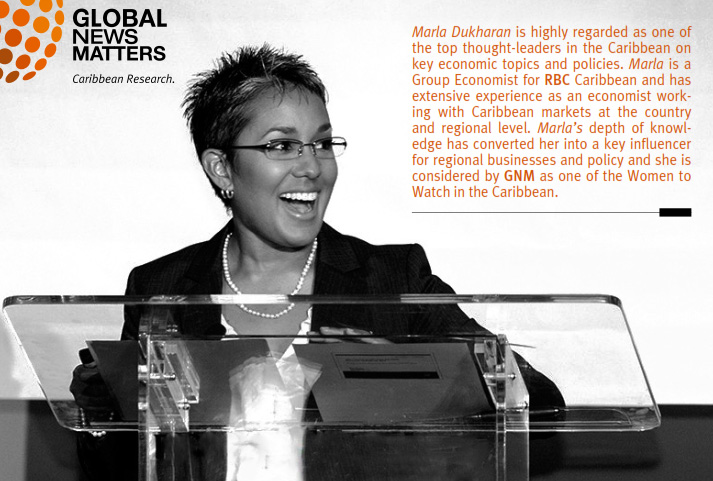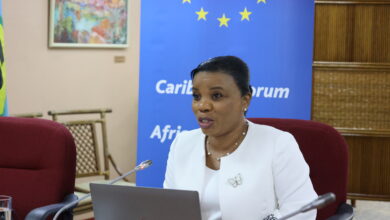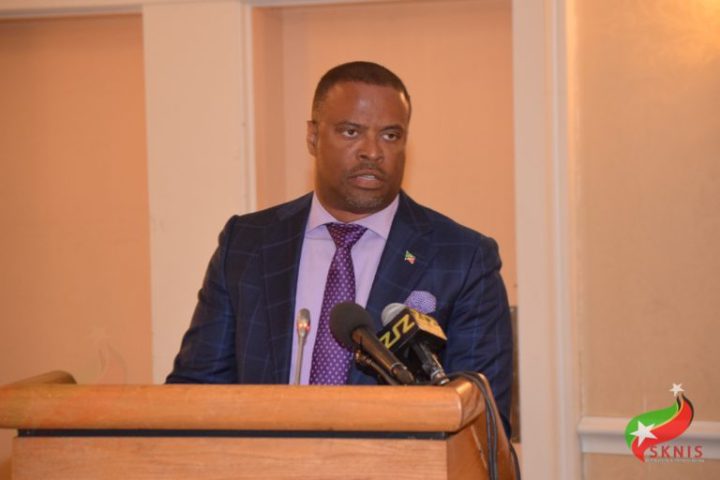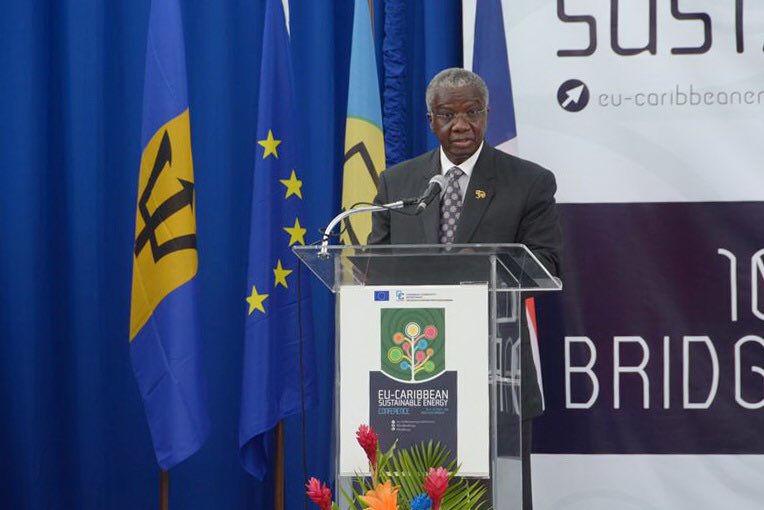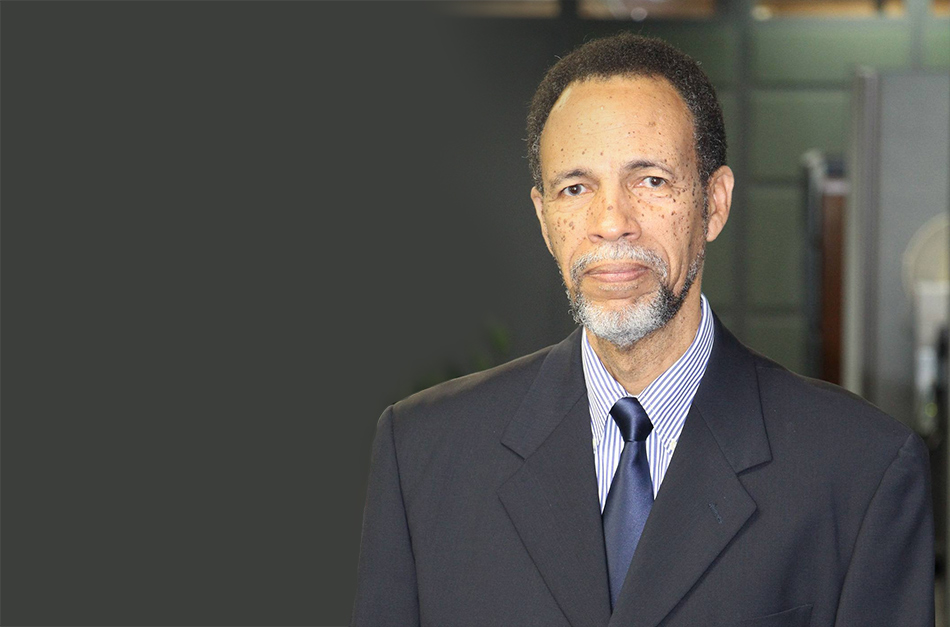Can you tell us about the risks that Brexit poses for the Caribbean?
Brexit poses both risks and potential opportunities for the Caribbean, in my view. In the short-term, we are already seeing the fallout for the UK economy as consumers have said in a poll reported by Bloomberg, that they will curb discretionary spending. This is the obvious knee-jerk reaction that will affect UK tourism arrivals and spending in the Caribbean, as a CHTA study has shown that UK travelers spend 7 times the average tourist in the Caribbean.
Beyond the direct impact of the UK on tourism, my sense is that the global economy, which I believe was already growing below 3% from the last quarter of 2015 into first half of 2016,(which the IMF defines as a global recession), will now slow down further, as fear and uncertainty adversely affect credit growth, consumer spending and investment globally.
Further to this, a stronger USD (which also pushes commodity prices down) means that all Caribbean currencies would also have appreciated against other major currencies, affecting export price competitiveness for non-USD markets. The managed currencies – the TTD, JMD, DOP – would be able to adjust to maintain export price competitiveness, but the fixed currencies could see their export prices, mainly hotel room rates and other tourism products, seem higher to non-USD buyers such as Europeans, Canadians etc.
On the plus side for most of the Caribbean, oil prices and commodity prices in general, except for gold, are being pressured, as uncertainty rattles markets and global demand weakens again. This is of course bad news for T&T, Suriname, and Venezuela, but could be positive for the rest of the Caribbean. I think there may at some point, be trade and travel implications for the British Overseas Territories’ access to the EU. But, assuming that Brexit does in fact happen, and the two-year trade renegotiation period between the EU and the UK begins, I think the UK could look to increase trade with non-EU markets, the obvious alternatives being the Commonwealth and the US, leading to new opportunities for renewed trade partnerships with the Caribbean in the medium-term.
What is your opinion on the EPA between the EU and Cariforum?
There are some who have argued that the EPA is not optimal for Cariforum, but in any event, assuming Brexit happens and Cariforum will have to negotiate a separate trade agreement with the UK outside of the existing EPA, I think this is a potential opportunity, especially given the historical and Commonwealth ties to the UK. In any event, from my understanding, there is a 2 year period while the UK and EU work through Article 50, during which the existing trade agreements will stand.
We have to remember that there is no precedent with any member country leaving the EU, so it appears to me that this exit process is charting new territory and could actually turn out to be very different from what we expect, depending on how the negotiations go. It’s all about diplomacy now. In the Caribbean, we need to collectively determine what outcome we would like to see, and begin having the necessary dialogue with UK and EU policymakers to influence the outcome accordingly. If the BREXIT proceeds, what are some of the potential long-term impacts for the UK and Europe? If Brexit proceeds, in my view this is the beginning of the end for the EU and the UK as we know them. To what extent will the UK and the EU break apart? nobody knows, but I think this referendum result has forced everyone to reconsider their positions. Basically, the result of the UK’s Brexit referendum has, in my view, created a political vacuum in the UK, and has left the Kingdom much less “United.” Assuming they proceed with Brexit and don’t call a second referendum or veto / ignore the referendum result, it appears that the Scots want another referendum to stay in the EU, which will have implications for its membership in the UK and its borders therein. There are also implications now for the border between Northern Ireland and the Republic of Ireland which is currently an open border. The same will apply to Gibraltar. Would the Northern Irelanders want to stay in the UK or reunite with the Republic? I am not sure, but from an economic standpoint, it appears to me that the Republic, having had arguably the strongest economic recovery in the EU post-crisis, and is seeing its bonds rallying right now, represents an attractive suitor to partner with if the UK fractures.
As far as the EU goes, the pro-nationalist sentiment means that the EU will have to either reconfigure itself to become more democratic – with an equal voice for small economies like Greece, compared to larger ones, like Germany – or it will dissolve slowly. We have already seen calls for a French referendum on EU membership. The question is how quickly can the EU unravel from a legal standpoint, and in reality, there are several ‘operational’ issues that will have to be considered, not the least of which is, what currencies will replace the EUR for those countries who decide to break away? Will they revert to their previous currencies or adopt another major currency?
There is also major political transition taking place in the US and I think that the Brexit result has strengthened Trump’s position. This will probably be the most important US election in my lifetime, in terms of the potential geopolitical implications.
How can the region come out of this circumstance ahead?
It is up to us in the Commonwealth and Cariforum to make a united push to grab the opportunity that Brexit represents with respect to trade in particular. I think the UK will look more to the Commonwealth and to non-EU trading partners post-Brexit than before, such as US, Canada, and maybe even LAC. The Commonwealth recently appointed its second Caribbean and first woman Secretary General, Baroness Patricia Scotland from Dominica, who I think will advocate for stronger UK ties with the wider Commonwealth and the Caribbean.
Beyond this, the Caribbean and indeed the rest of the world needs to wake up to the reality that we are living in a highly volatile world, where “shocks” are more frequent from varied sources including climate change and geopolitics. Uncertainty is a certainty, not just the new normal. As a region, we need to work on building resilience, which is a whole other conversation!

